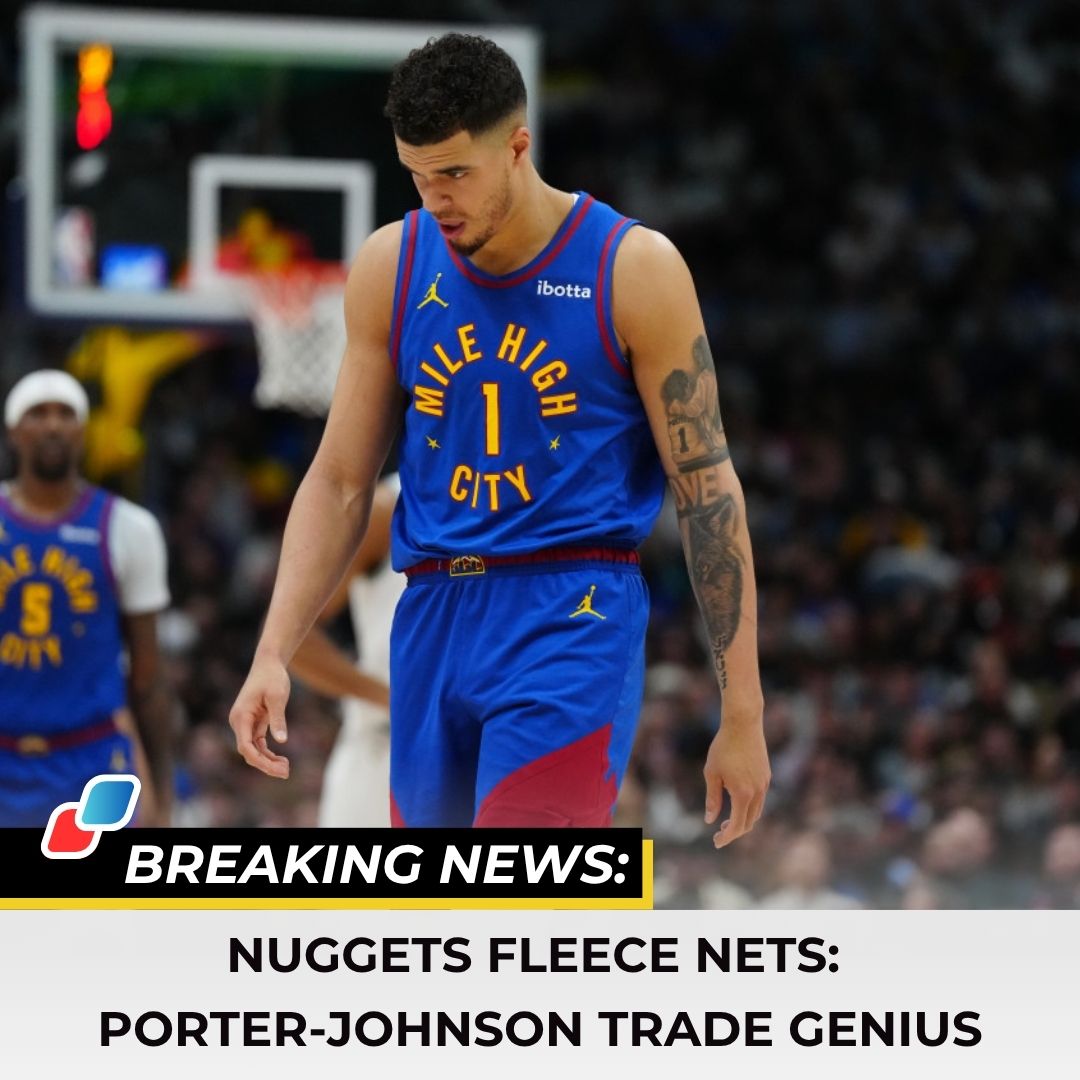BREAKING: Nikola Jokic Issues Angry Warning To Teammates After Game 1

The Denver Nuggets stormed back from a double-digit deficit to beat the Los Angeles Clippers 112-110 in overtime in Game 1 of their first-round series at Ball Arena on Saturday. The Nuggets were down by as many as 15 points at one stage but held their nerve to come away with a crucial win.
Nuggets superstar Nikola Jokic wasn’t quite at his best in Game 1, but still finished with 29 points, nine rebounds, 12 assists, three steals and a block against the Clippers. Jokic got a fair bit of help too from the likes of Aaron Gordon and Jamal Murray, who scored 25 and 21 points, respectively, on the night.
One big name who failed to step up for the Nuggets, though, was Michael Porter Jr. Porter had just three points and four rebounds in Game 1, and it doesn’t look like his struggles are going to end anytime soon.
Porter looked disengaged at times against the Clippers, and Jokic was asked postgame if he needed to have a conversation with the forward about that. In response, the three-time MVP had a warning for his teammates.
“If you’re not going to be engaged right now, I think you’re not supposed to play this sport,” Jokic said in his postgame press conference, via the Nuggets.
There is no greater motivation to be completely locked in for a player than when you’re playing a high-intensity playoff game. Jokic reckons you might be in the wrong profession if that’s not the case for you.
Porter ended up playing just 26 minutes against the Clippers, with interim head coach David Adelman opting against having him on the court for overtime. Russell Westbrook got the nod over the 26-year-old, and that’s one individual whose effort and hustle can never be questioned.
Adelman stated postgame that if Porter is engaged defensively and knocks down shots, he will stay in the game. He didn’t do either of those in Game 1, and it will be interesting to see how he responds in Game 2 at Ball Arena on Monday at 10 p.m. ET.






